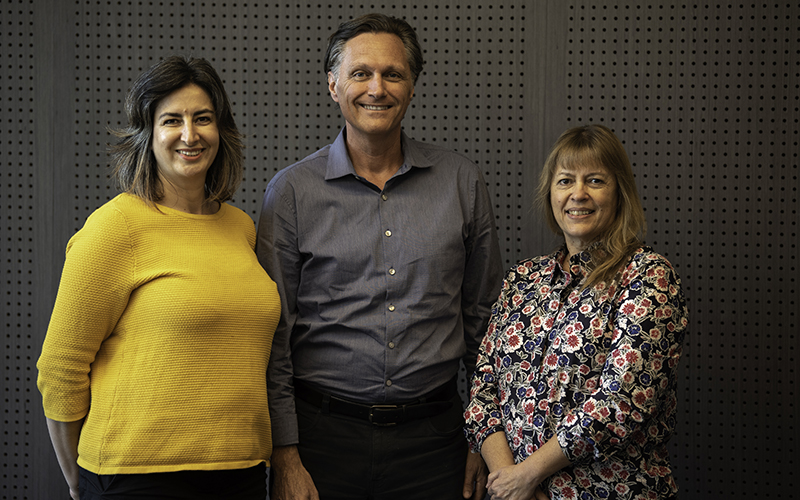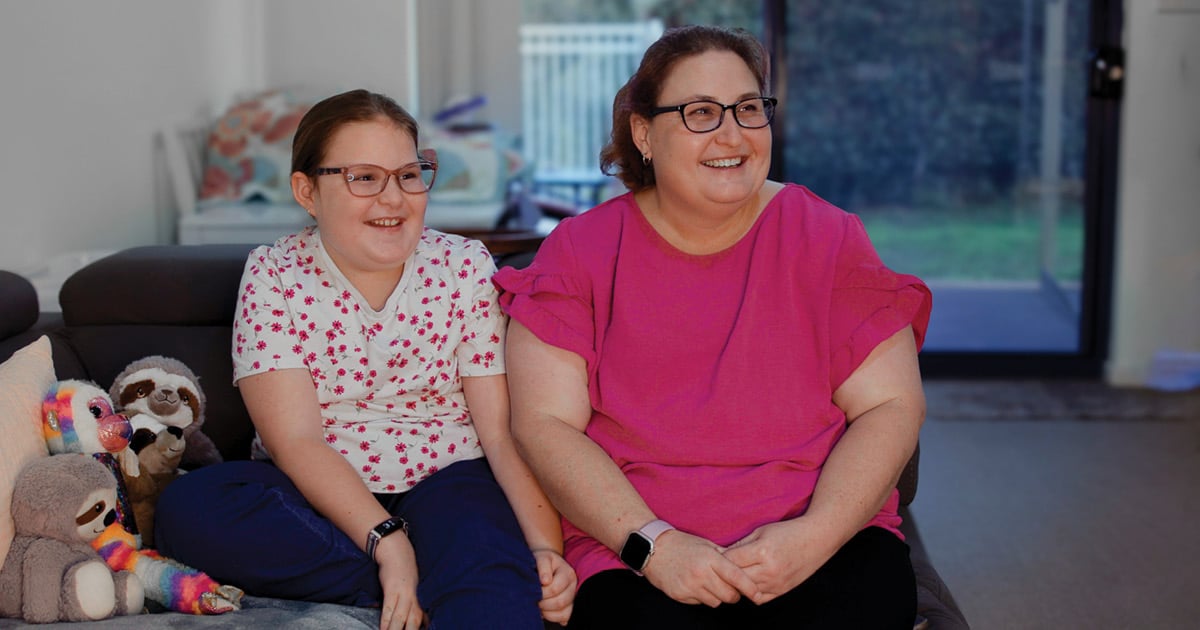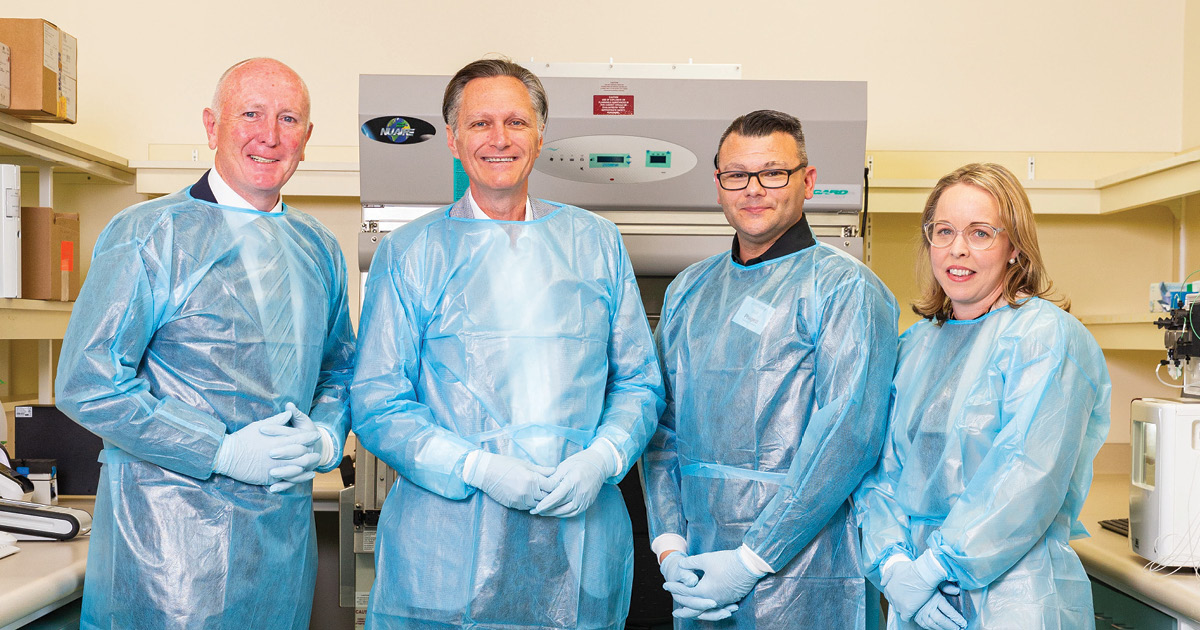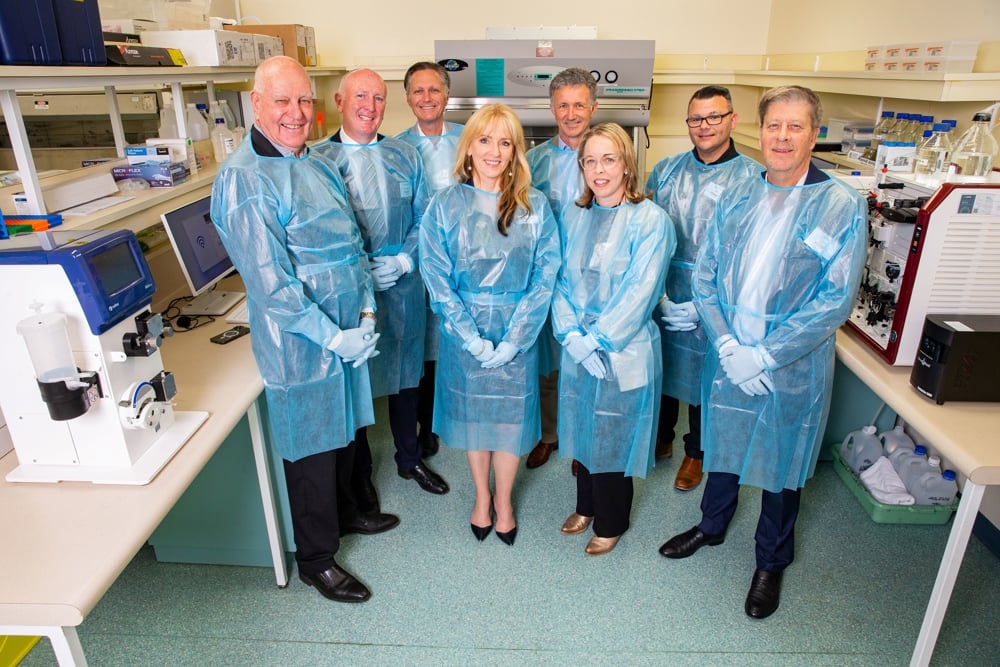Search

Research within this theme is exploring what it takes to help a child flourish and develop resilience as well as investigating long-term impacts on mental and physical health from childhood experience.
Research
Parent-reported Areas of Greatest Challenge for their ADHD and/or Autistic ChildrenThis study aimed to understand how parents describe the most challenging behaviors exhibited by their children diagnosed with autism and/or ADHD, how those behaviours impact their family, and whether challenges are directly related to the core characteristics of these conditions.
See how a new comprehensive cancer centre is helping more children survive and thrive.

News & Events
News you can use: how to cope with burnoutWith the school year now well underway, it’s not uncommon for kids to start feeling the stress of assignments, homework and extracurricular activities.

News & Events
Community rallies to embrace youth mental healthAustralia’s first comprehensive research centre focused on mental health from birth to 25 years has been launched today in Perth.

Helping children build resilience and cope with the trauma associated with medical emergencies and chronic health conditions is the focus of a promising pilot program being undertaken by The Kids Research Institute Australia.
Research
A wellbeing program to promote mental health in paediatric burn patients: Study protocolOne of the most traumatic injuries a child can experience is a severe burn. Despite improvements in medical treatments which have led to better physical outcomes and reduced mortality rates for paediatric burns patients, the psychological impact associated with experiencing such a traumatic injury has mostly been overlooked. This is concerning given the high incidence of psychopathology amongst paediatric burn survivors.

News & Events
Trans Pathways update to begin following Embrace Big Idea winTrans Pathways is set to receive an update in the lead-up to the ten-year anniversary of the release of this seminal study by The Kids Research Institute Australia.

Western Australia’s first bacteriophage manufacturing facility has been opened in a significant development that brings patients battling antibiotic-resistant infections a step closer to life-saving phage therapy.

News & Events
Superviruses to fight superbugs: Perth's first phage manufacturing facility is officially openPatients battling antibiotic-resistant superbugs will soon have access to life-saving WA-made therapies that could help treat lung, skin and ear infections as well as bacterial infections like Golden Staph. Western Australia's inaugural phage manufacturing facility – spearheaded by a team at the
